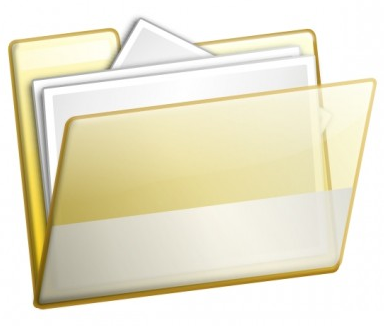LBAS Blog
Keeping on top of your records
- Font size: Larger Smaller
- Hits: 4986
- Subscribe to this entry
- Bookmark

It is essential for all small businesses to have an effective record keeping system in place.
Having your records in good working order will significantly reduce the stress that comes with the end of financial year, and will ensure that you make the most out of all of your potential tax savings.
Well organised records carry the additional benefit of allowing you to review your finances easily, potentially showing you where you may be losing out unnecessarily.
Records that you must keep include:
Income tax records
You will need all of your income details and expenses in order to prepare your activity statements and your annual tax return. These records may include invoices, cash register tape, receipts and records that indicate the breakdown of personal and private use of an asset.
Bank records
This includes bank statements, loan documentation and records of any cash deposits.
Year-end records
At the end of financial year you will need to be able to provide the ATO with a list of all of your creditors and debtors, as well as a spreadsheet detailing all of your depreciating assets, your capital gains records and your stocktake details.
